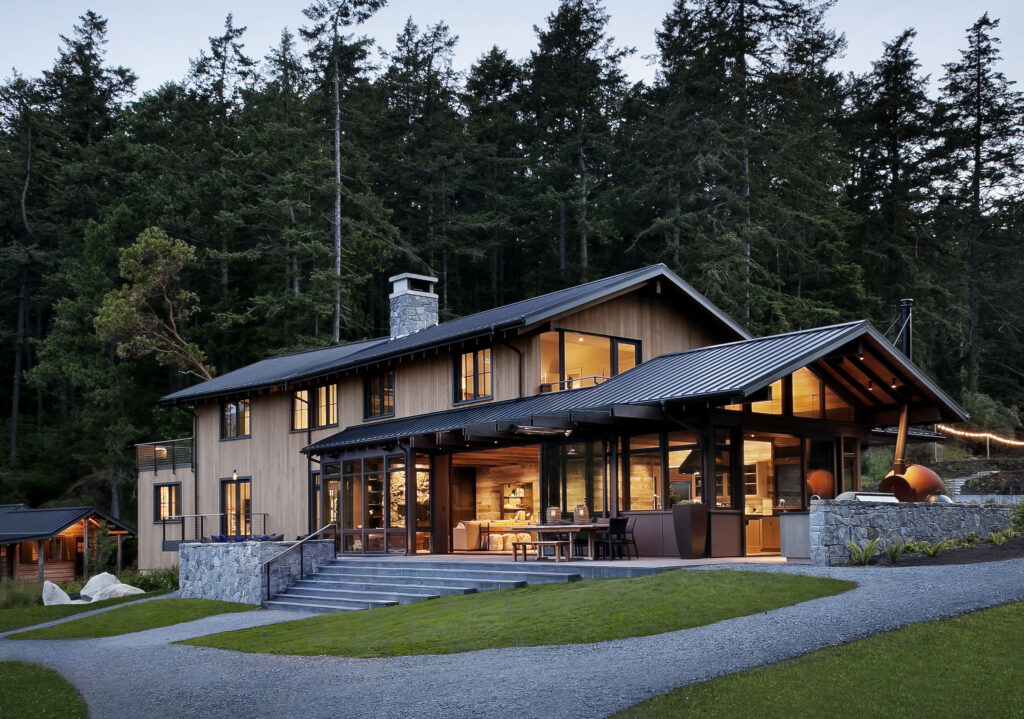The Belize Real Estate industry stands as a cornerstone of economic development, reflecting the dynamism of societies and the aspirations of individuals. In recent years, the sector has undergone notable transformations, influenced by technological advancements, changing demographics, and global economic shifts. This article explores the current state of the real estate market, key trends, challenges, and opportunities.
- Technology Reshaping the Industry:
In an era marked by rapid technological evolution, the real estate sector is not immune to innovation. Proptech, a term that amalgamates property and technology, has emerged as a driving force. Virtual property tours, blockchain for transparent transactions, and AI-driven property valuation tools are reshaping the way properties are bought, sold, and managed.
- Shifts in Demographics and Urbanization:
Demographic trends play a pivotal role in shaping real estate dynamics. Urbanization continues to drive demand for housing and commercial spaces in metropolitan areas. Additionally, changing demographics, including the rise of remote work, are influencing preferences, with some individuals seeking more space outside of crowded city centers.
- Sustainability and Green Building Practices:
The real estate industry is increasingly embracing sustainability and environmentally friendly building practices. Green certifications, energy-efficient designs, and eco-friendly materials are becoming integral components of property development. Buyers are showing a growing interest in properties that align with their environmental values.
- Challenges in Affordability:
One of the persistent challenges in the real estate sector is affordability. In many markets, the gap between housing costs and income levels continues to widen, making it difficult for first-time buyers to enter the market. Governments and developers are exploring innovative solutions, such as affordable housing initiatives and public-private partnerships, to address this issue.
- Global Economic Factors:
Real estate markets are intricately linked to the broader economy. Economic downturns, geopolitical events, and fluctuations in interest rates can impact property values and investment patterns. Investors and stakeholders in the real estate sector must remain vigilant and adaptable to navigate through the uncertainties posed by global economic factors.
- Rise of Co-living and Co-working Spaces:
The sharing economy has extended its reach into real estate with the rise of co-living and co-working spaces. Young professionals and digital nomads are driving the demand for flexible living and working arrangements. Developers are responding by creating multifunctional spaces that cater to both residential and workspace needs.
- Post-Pandemic Realities:
The COVID-19 pandemic has brought about a paradigm shift in how individuals view and use real estate. Remote work has become mainstream, prompting some to reconsider their living arrangements. The pandemic has also accelerated the adoption of digital tools in real estate transactions, from virtual tours to online document signing.
Conclusion:
The real estate industry is a dynamic ecosystem shaped by technological innovations, demographic shifts, and evolving societal values. While challenges such as affordability persist, opportunities arise from the integration of technology, sustainable practices, and adaptive responses to global economic changes. As the industry continues to evolve, stakeholders must remain agile, embracing innovation and sustainable practices to navigate the complex and ever-changing landscape of real estate.

More Stories
What Injuries Do New York Car Accident Doctors Treat? A Comprehensive Overview
MetaMask: The Gateway to the Decentralized Web
The Salt Trick: A Surprising Yet Powerful Solution